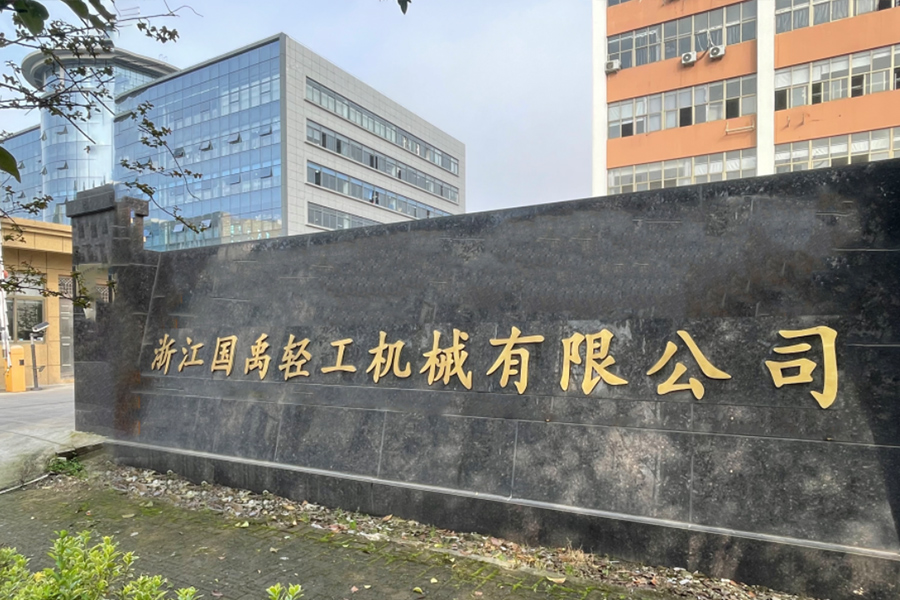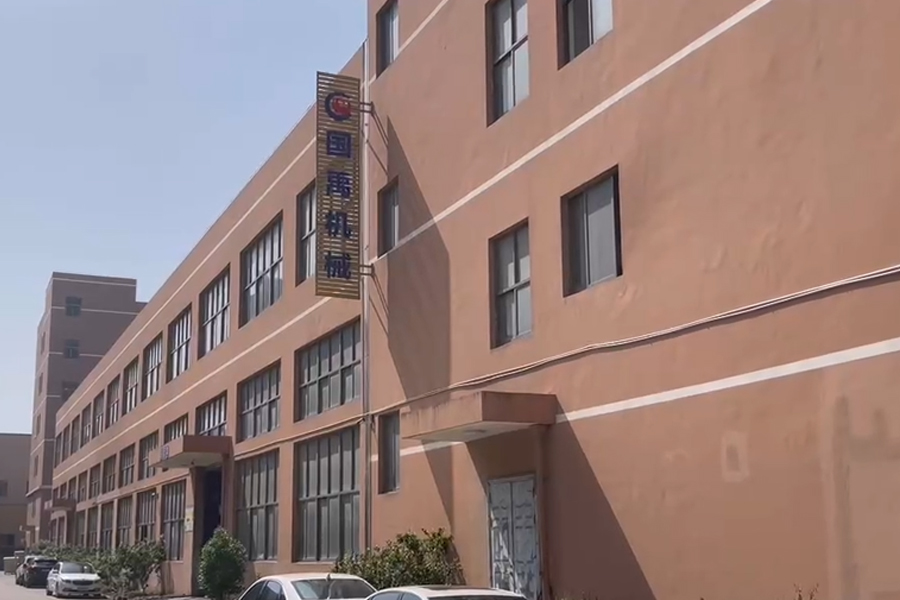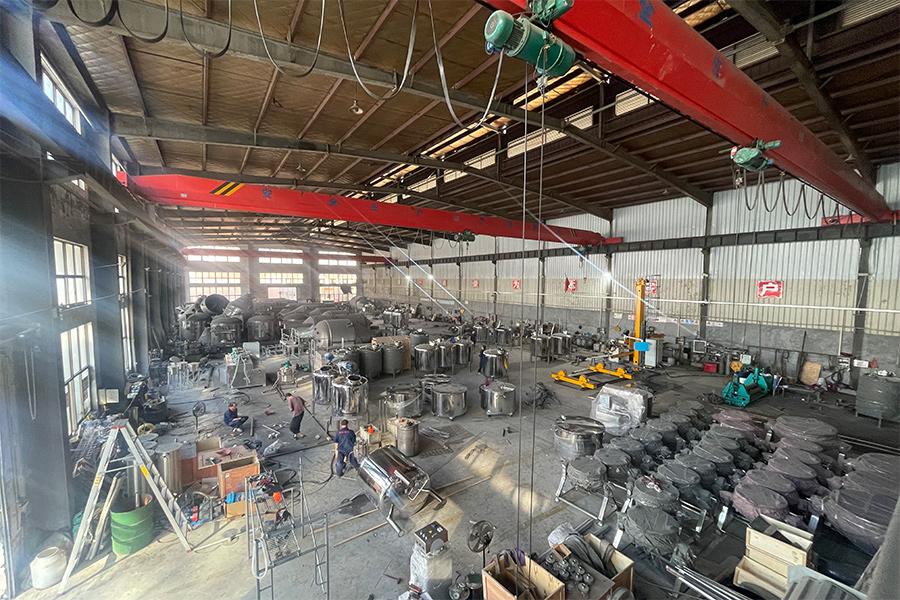-
 [email protected]
[email protected]
-
 +86-13706666922
+86-13706666922

The manufacturing sector continues to see significant advancements in chemical reaction kettle technology, enabling safer and more efficient production across industries. These specialized vessels serve as the workhorses for countless synthesis processes, from pharmaceutical intermediates to specialty chemicals. Modern chemical reaction kettles incorporate sophisticated design features that optimize reaction conditions while improving operational control and product consistency.
Recent innovations in chemical reaction kettle design focus on enhanced process monitoring and automation. Many contemporary systems feature integrated sensor arrays that track critical parameters including temperature, pressure, pH, and viscosity throughout reactions. Advanced chemical reaction kettles now utilize computerized control systems that automatically adjust heating, cooling, and agitation to maintain ideal reaction conditions. These technological improvements allow operators to achieve higher yields and better product quality while reducing manual intervention requirements.
Material compatibility remains paramount in chemical reaction kettle construction to withstand diverse industrial processes. High-grade stainless steel variants dominate corrosive applications, while specialized alloys protect against bad chemical environments. Some newer chemical reaction kettle designs incorporate glass-lined interiors for acidic reactions or composite materials for specialized applications. These material innovations help chemical reaction kettles meet stringent durability requirements while maintaining purity standards in sensitive chemical processes.
The pharmaceutical industry has driven demand for precision-engineered chemical reaction kettles with strict compliance requirements. Current Good Manufacturing Practice (cGMP)-compliant chemical reaction kettles feature polished surfaces, validated cleaning processes, and documentation capabilities. Many pharmaceutical-grade chemical reaction kettles now include advanced distillation and reflux systems that enable multi-step synthesis without vessel transfers. These specialized systems demonstrate how chemical reaction kettle technology supports critical drug substance manufacturing.
Specialty chemical producers are adopting modular chemical reaction kettles with flexible configuration options. Many modern systems allow quick changes between batch and continuous processing modes. Temperature-controlled chemical reaction kettles have become standard in quality-focused operations, enabling precise management of exothermic reactions. Some units now integrate inline analysis capabilities directly into the chemical reaction kettle, allowing real-time monitoring of reaction progress.
Industrial-scale chemical reaction kettles have seen substantial improvements in heat transfer efficiency and mixing performance. New impeller designs and baffle configurations optimize mass transfer while small energy consumption in large-volume operations. Some systems now incorporate external circulation loops that improve temperature control for sensitive reactions. These engineering refinements help reduce the environmental impact and operating costs of large-scale chemical production.
Safety systems for chemical reaction kettles have advanced significantly in recent years. Many modern units feature multiple pressure relief mechanisms, emergency cooling capabilities, and redundant control systems. Some designs include advanced venting systems that safely handle gas evolution during reactions, while others utilize rupture discs for overpressure protection. These safety improvements help chemical reaction kettles maintain reliable operation during demanding production schedules.
The agrochemical industry continues to push the boundaries of chemical reaction kettle capacity and versatility. Large-scale production facilities utilize chemical reaction kettles with volumes exceeding 20,000 liters, requiring specialized heating/cooling systems. Some next-generation chemical reaction kettles incorporate advanced crystallization technologies that combine synthesis and particle engineering in single vessels. These industrial-scale innovations contribute to more efficient crop protection product manufacturing.
Future developments in chemical reaction kettle technology may include AI-assisted process optimization and self-cleaning surface treatments. Some experimental designs explore microwave-assisted reaction systems built into chemical reaction kettles. As chemical manufacturing evolves toward greener processes, chemical reaction kettles will remain essential tools that combine chemical engineering principles with precision equipment design.







